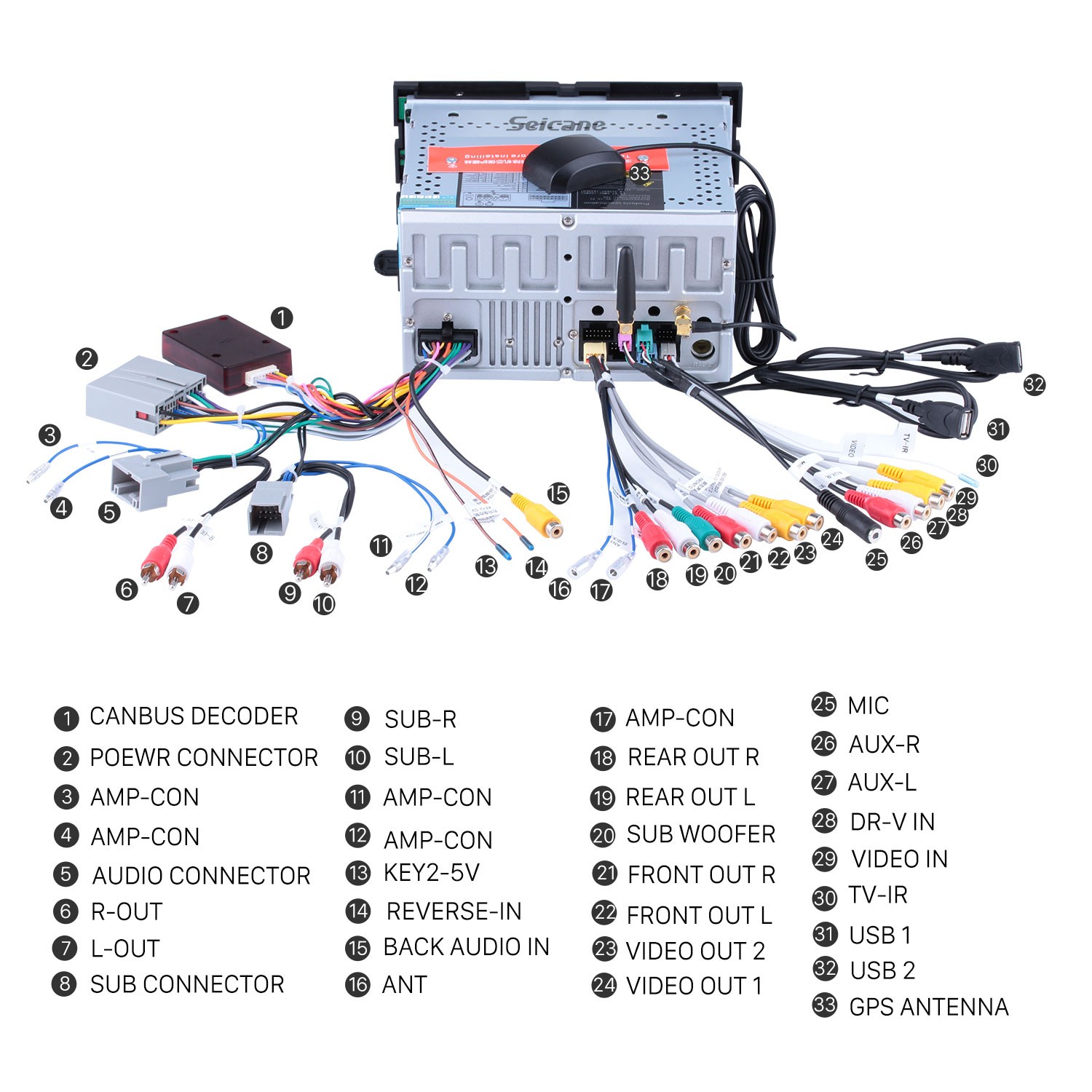When it comes to understanding the electrical system of your Ford Freestyle, having access to a reliable wiring diagram is crucial. A Ford Freestyle Radio Wiring Diagram provides a visual representation of the electrical connections and wiring layout for the radio system in your vehicle. This diagram is essential for anyone looking to install, repair, or troubleshoot the radio system in their Ford Freestyle.
Why Ford Freestyle Radio Wiring Diagrams are Essential
Here are a few reasons why having a Ford Freestyle Radio Wiring Diagram is essential:
- Helps in understanding the wiring layout and connections of the radio system.
- Assists in identifying the correct wire colors for different components.
- Ensures proper installation of aftermarket radio systems.
- Aids in troubleshooting electrical issues efficiently.
How to Read and Interpret Ford Freestyle Radio Wiring Diagrams
Reading and interpreting a Ford Freestyle Radio Wiring Diagram may seem overwhelming at first, but with a few key tips, you can navigate through the diagram effectively:
- Understand the symbols and color codes used in the diagram.
- Follow the wiring lines to trace the connections between components.
- Refer to the legend or key provided in the diagram for clarification.
Using Ford Freestyle Radio Wiring Diagrams for Troubleshooting
When faced with electrical problems in your Ford Freestyle’s radio system, a wiring diagram can be your best tool for troubleshooting. Here’s how you can use the diagram effectively:
- Identify the components involved in the issue and trace their connections in the diagram.
- Check for any damaged or disconnected wires based on the diagram’s layout.
- Use a multimeter to test the continuity and voltage of the wires to pinpoint the problem area.
Importance of Safety When Working with Wiring Diagrams
Working with electrical systems can be dangerous if proper precautions are not taken. Here are some safety tips to keep in mind when using Ford Freestyle Radio Wiring Diagrams:
- Always disconnect the battery before working on any electrical components.
- Use insulated tools to avoid electrical shocks.
- Avoid working on the electrical system in wet or damp conditions.
- If you are unsure about any step, seek help from a professional mechanic or electrician.
Ford Freestyle Radio Wiring Diagram
2005 ford Freestyle Radio Wiring Diagram | autocardesign

2005 Ford Freestyle Radio Wiring Diagram – Voguemed

2007 Ford Freestyle Stereo Wiring Diagram | Sinjyukujgn

The Useful Instruction on a 2005 2006 2007 2008 2009 Ford Freestyle

Metra Stereo Wiring Harness Fdwh4

2005 Ford Freestyle Limited Looking for the wiring diagram for the
